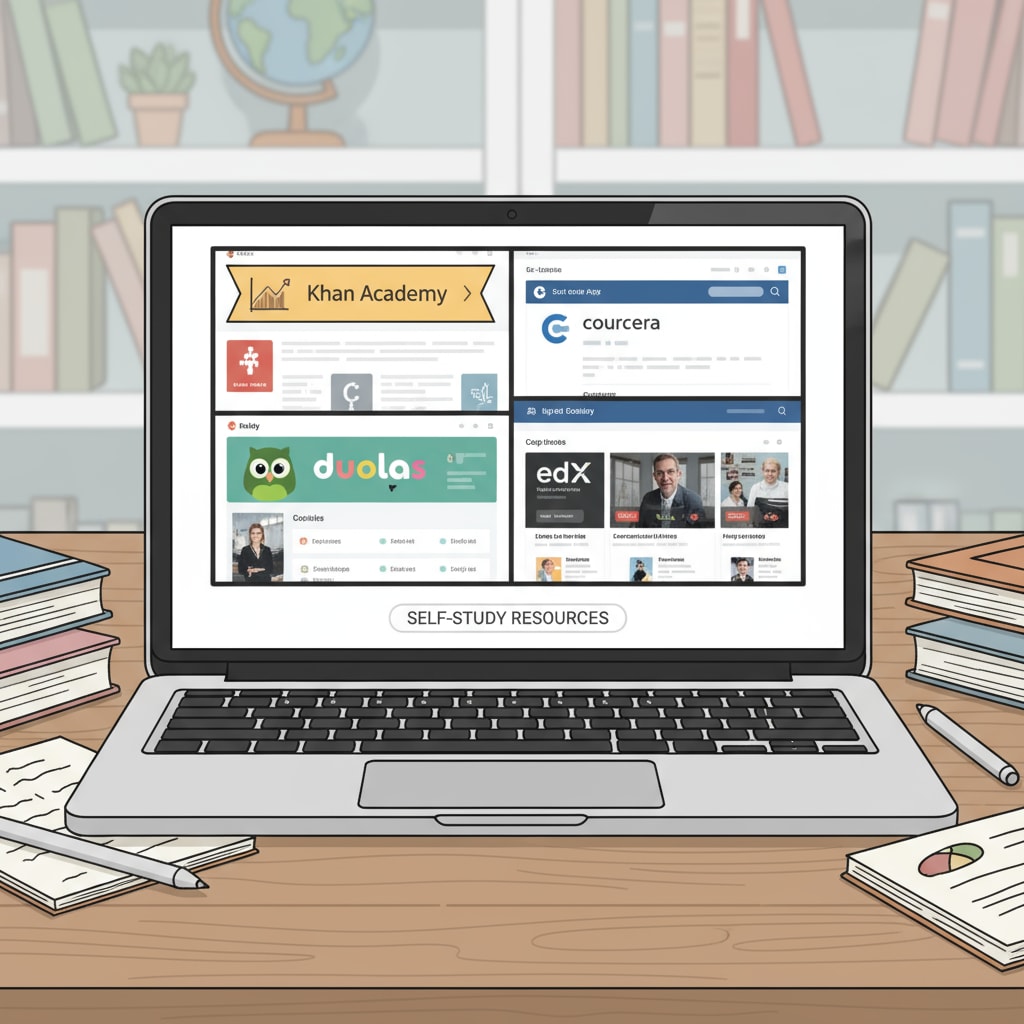Educational deprivation, self-study guidance, and curriculum planning are crucial aspects for those who have missed out on formal education and strive to catch up with their peers. For teenagers facing such situations, the path to regaining educational ground can be challenging but is certainly achievable.

Understanding Educational Deprivation
Educational deprivation can occur due to various reasons, such as family issues, economic hardships, or unforeseen circumstances. It leaves individuals at a disadvantage compared to their peers who have had continuous access to education. However, recognizing this situation is the first step towards taking action. According to Wikipedia’s page on Education Disparity, understanding the root causes of educational deprivation can help in formulating effective strategies for self-study.
Self-study Guidance: The Foundation of Catching Up
Self-study is the key to bridging the educational gap. Firstly, set clear goals. Decide what you want to achieve in each subject and by when. This provides direction and motivation. Secondly, create a study schedule. Consistency is vital in self-study. Allocate specific time slots for different subjects. In addition, utilize various resources. Online platforms, libraries, and educational apps can be great sources of knowledge.

For example, Khan Academy offers a wide range of free courses for self-study.
Another important aspect of self-study guidance is finding a study group or a study partner. Discussing and learning from others can enhance understanding and keep you accountable. You can join online forums or local study groups related to your subjects of interest.
Curriculum Planning for Effective Self-study
Curriculum planning is essential to ensure a structured self-study journey. Start by identifying the core subjects relevant to your educational goals. For general academic catch-up, subjects like mathematics, language arts, and science are fundamental. Then, break down the learning materials into manageable chunks. This makes the learning process less overwhelming. Use textbooks, online courses, and educational videos as your study materials.
Moreover, incorporate practical learning activities. For example, in science, conduct simple experiments at home. In language arts, practice writing essays and engage in conversations. This hands-on approach helps in better retention of knowledge.
In conclusion, educational deprivation does not have to be a roadblock to academic success. With proper self-study guidance and well-planned curriculum, teenagers can catch up with their peers and build a solid foundation for their future. It requires dedication, perseverance, and a positive attitude. Remember, every step of self-study is a step towards closing the educational gap.
Readability guidance: By using short paragraphs and lists, we have made the key points clear. Each H2 section provides practical tips in an organized way. We have also controlled the use of passive语态 and long sentences, and added transition words like ‘however’, ‘therefore’, ‘in addition’, ‘for example’, and ‘as a result’ to enhance readability.


